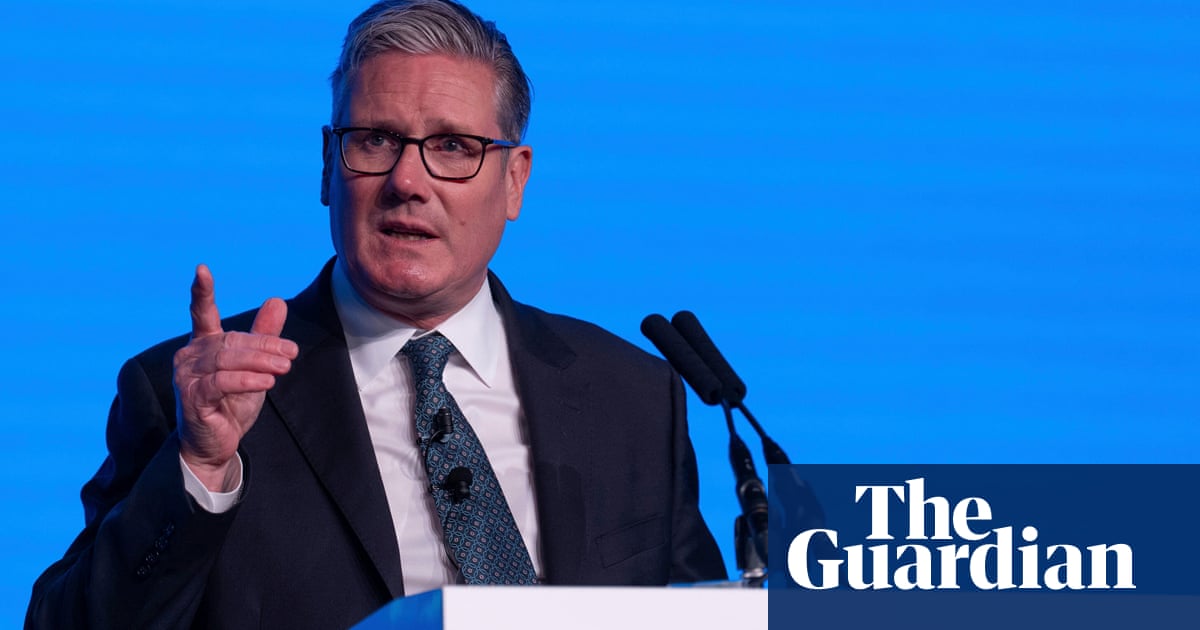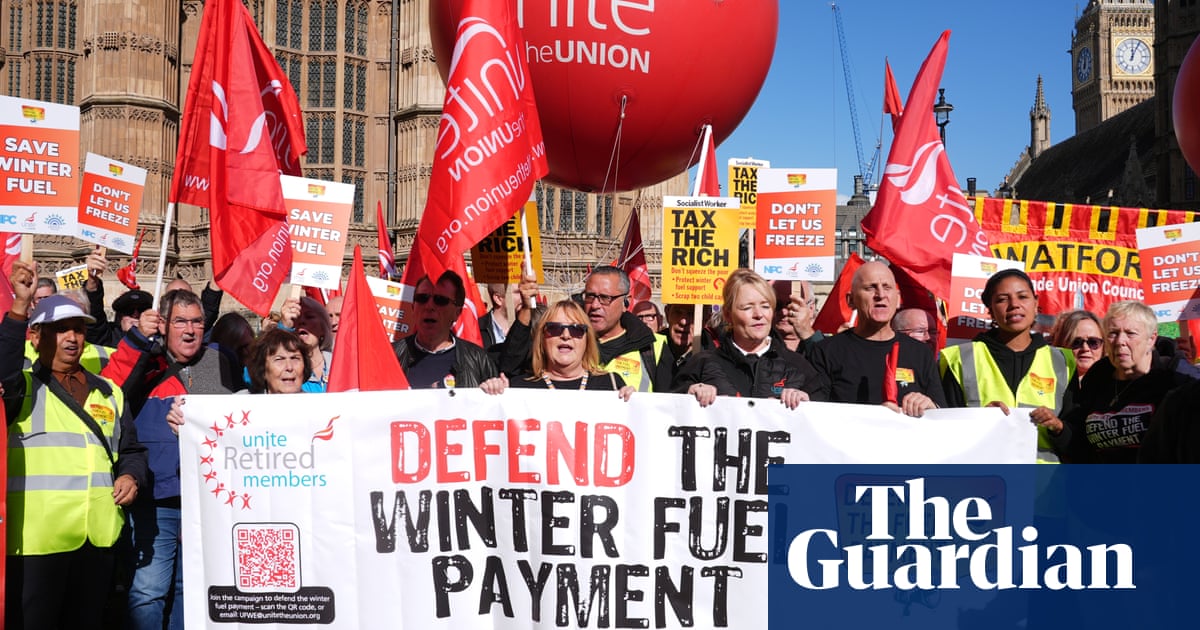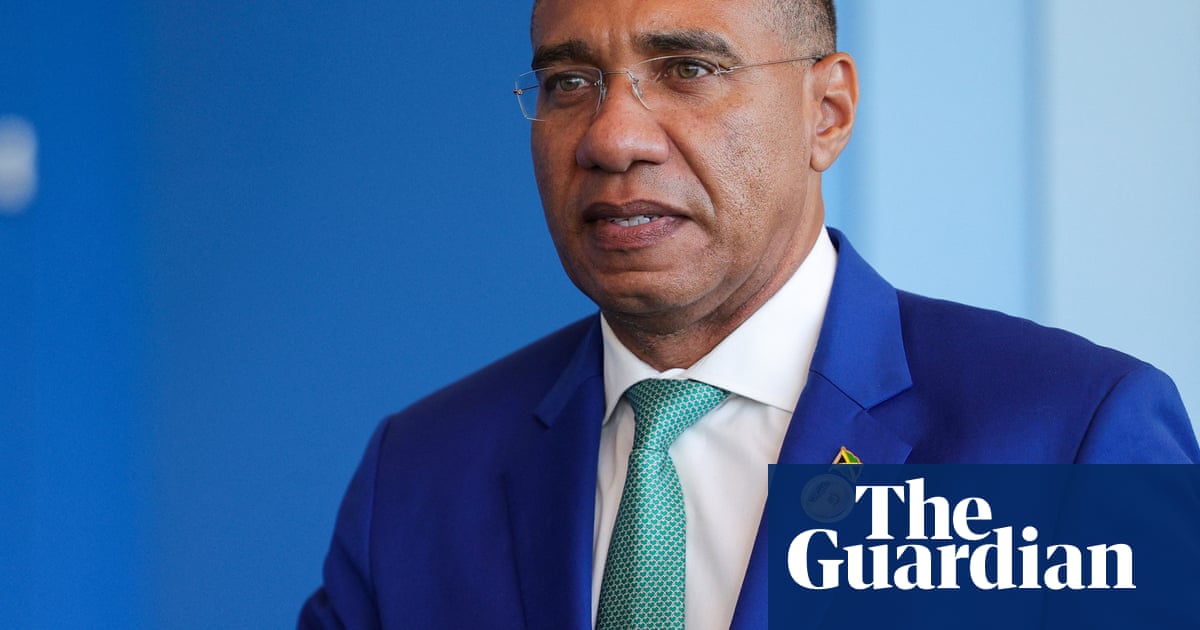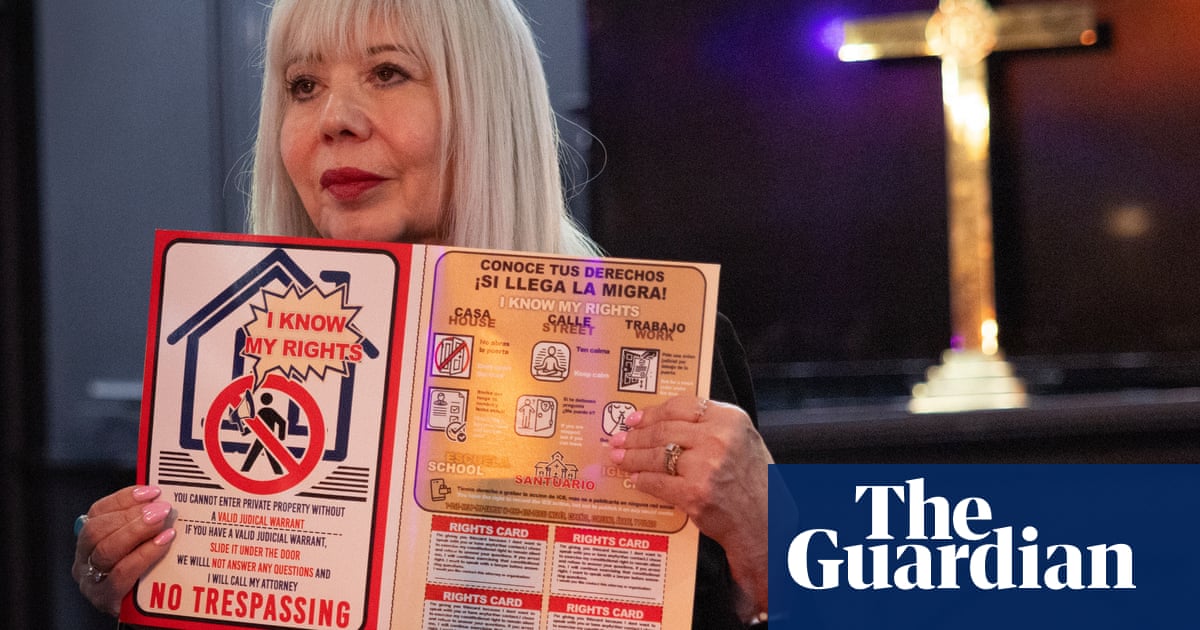An Australian citizen detained 32 times at Sydney airport – without allegation or charge – has told the federal circuit court he is stopped and searched almost every time he enters the country because he is black.
Okungbowa Hubert Igbinoba also told a directions hearing on Tuesday that an $80,000 settlement offer from the government was an attempt to silence him.
“‘Take $80,000 and shut up’, that is what the commonwealth is saying,” Igbinoba told the court, accusing the Australian Border Force of engaging in “systemic racism”.
“They try to silence me by offering me money,” he said from the bar table, representing himself. “I am treated like a criminal. This is how border force treats people who look like me.
“They have been acting illegally and it has to stop.”
Igbinoba is suing the Australian government in the federal circuit court alleging border officials have breached the Racial Discrimination Act by consistently singling him out for interrogation, simply because he was black. The Australian government disputes Igbinoba’s allegation.
Igbinoba is a Nigerian-born Australian citizen, with relatives living in Africa, and a freight shipping business that requires regular international travel.
Between February 1998 and January 2020, he was detained at Sydney international airport 32 times – almost every time he entered Australia.
According to his statement of claim, Igbinoba was isolated by border officials, interrogated, searched and patted down. Each time he had his luggage emptied and inspected, and his laptop and mobile phone were confiscated and searched.
On some occasions he was detained for up to four hours.
None of the detentions, he has told the court, discovered any evidence of a potential crime.
Igbinoba, an Australian citizen since 2004, has told the court that on many of the flight entries into Sydney airport he was “one of the only individuals with dark skin and obvious African ethnicity” and the only one segregated for what he alleges was discriminatory treatment.
His statement of claim states he “has no criminal history, convictions or associations, and has never been charged with or engaged in any customs or immigration offences”.
“During each of the entries, [Igbinoba] did not observe or see any of the Australian Border Force officers detain, question or search any of his fellow travellers who were of apparent Anglo-Saxon, Caucasian or Asian ethnicity,” his statement of claim states.
“[Igbinoba’s] dark skin and obvious African race and ethnicity is the only feature or characteristic that distinguished him from his fellow travellers, which often comprised a few hundred other travellers, on each of the entries.”
Igbinoba’s statement said his behaviour at the airport was indistinguishable from that of any other passenger and he was not “engaging in any conduct that would ordinarily attract or justify any intervention by or attention from ABF officers”.
Igbinoba said in his statement of claim he repeatedly asked border force officers why he was being “systemically and repeatedly” targeted but officers never explained why he was being treated differently to other passengers on the same flight.
The case has been before the courts since 2020. An attempt at mediation in 2022 failed to reach a resolution.
In court documents, the federal government has argued there is no evidence that Igbinoba was ever discriminated against or targeted.
“There is not a skerrick of a basis to make such an allegation under the Racial Discrimination Act.”
Several border force officers have told the court they stopped Igbinoba because there was an “alert” in its border management systems.
In its submissions, the federal government said “many of the officers … say they acted because there was an ‘alert’ attached to [Igbinoba] as a person of interest which required them to carry out the instructions on the alert”.
The government said it opposed disclosing the details of any alerts placed on Igbinoba to the court, arguing these were “not relevant” to a case alleging racial discrimination.
Government agencies have sought to keep significant tranches of information in the case secret: protected not only from disclosure in a public court hearing, but also from Igbinoba himself.
The Australian federal police has made a public interest immunity claim, arguing that its submissions before the court should be kept confidential, lest it disclose “sensitive methodology used by the AFP to prevent, detect and investigate potential offences”.
The AFP also argued its intelligence information, if disclosed publicly, “could readily be exploited by persons involved in the alleged criminal activities to undermine the AFP’s future investigations”.
NSW police also argued it should not be compelled to share information with Igbinoba or the court, arguing it could reveal confidential sources and cause “serious and irreparable damage to the integrity” of police information gathering.
The home affairs department said in an affidavit it held information that is “unable to be publicly described in this proceeding, and address matters which themselves would potentially cause harm to Australia’s interest if they were to be disclosed to [Igbinoba] or the public”.
It also told the court that if it were compelled to reveal details about the alert management system it operates at the border, it would “allow a person to take steps to … evade intervention”.
At a discursive directions hearing before Judge Benjamin Zipser in the federal circuit court on Tuesday, Igbinoba applied for an adjournment while he sought new counsel, having parted with his previous lawyer earlier this month.
He told the court he wanted to introduce new evidence from “co-travellers” who had flown into the country with him and witnessed his treatment. He said without an adjournment he lacked the wherewithal to bring an effective case against a well-resourced government.
“I am seeking an adjournment to help shine a light on their behaviour: racism and discrimination must stop.
“The truth must come out. It’s in the interests of justice.”
Anthony Wall, representing the commonwealth, opposed the application for an adjournment, saying there was “considerable public interest” in the matter being heard without delay. Wall said Igbinoba had provided “no explanation whatsoever” as to why he had not yet engaged new counsel.
Judge Zipser agreed with the commonwealth that an adjournment – in a five-year-old case – was unjustified. He dismissed Igbinoba’s adjournment application and said the hearing would proceed next month.

 3 months ago
48
3 months ago
48

















































